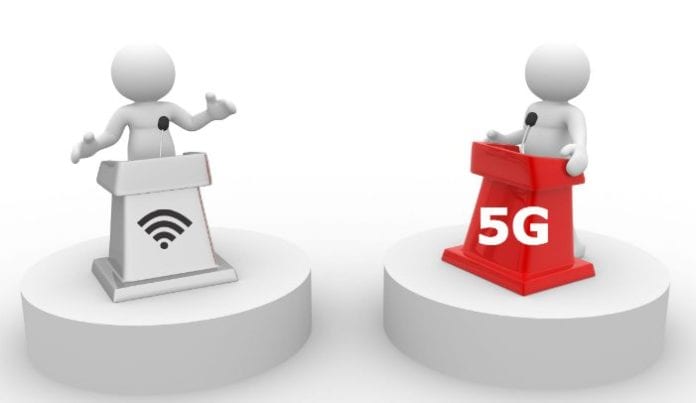Editor’s Note: In the Analyst Angle section, we’ve collected a group of the industry’s leading analysts to give their outlook on the hot topics in the wireless industry.
Let’s get one thing straight: debates are useful things, also in the wireless industry. Big parts of the industry are right now hashing out the “5G” vision for serving billions of people and things with wireless for perhaps the next 20 years. But is 5G really what we need? That’s the question. And it should be debated.
Now let me state the obvious lest we forget: The future of wireless is of enormous consequence to everyone on this planet. The economy, jobs and every industry new and old will be affected. Even civil rights, including freedom of speech and many others may hang in the balance. Without affordable internet access, such rights become difficult to exercise.
Right now most of the wireless industry believes 5G will satisfy pretty much every conceivable future need. Frankly, the hype and rhetoric on 5G is the most severe that I’ve seen in my 25 years of working in this industry. The reason for it is simple: The mobile industry is in a long-tail decline and the only thing that can save it from demise is 5G. And they’re probably right in thinking that.
But what exactly is 5G? The truth is that there are plenty of visions but few facts. What we can say for sure is that 5G is more of the same underlying industry structure that we’ve seen for 2G, 3G and 4G. This means service exclusivity with licensed bands, royalty based technology and the same or a similar regulatory framework supporting the same industry players.
Cellular has served us extremely well for the past 20 or 30 years. The looming question is whether 5G will continue to serve us well given that other wireless technologies such as Wi-Fi have grown enormously in the past 10 years. Remember also that the spectacular growth of Wi-Fi has happened despite wide availability of 3G and 4G. There are two fundamental (and interlinked) reasons for that: costs and unlicensed spectrum sharing.
Except for trying to introduce alternatives to Wi-Fi (such as LTE unlicensed, MulteFire, etc.) the 4G mobile industry has in large part chosen to ignore these two readily identifiable reasons for success. And so the mobile community has embarked on a path that means more of the same thing. In short: 5G is on track to become an upgraded version of more of the same.
As a result, 5G – assuming that it happens – will be delivered mostly to the same saturated market segment. Meanwhile, no or very few new massively bandwidth-hungry killer apps are in sight. In other words: 5G will be the cellular equivalent of trying to sell a Mercedes to someone who already owns a brand new BMW.
What we need is the exact opposite: more spectrum sharing. We also need real, practical solutions to connecting the next billion users with effective, low-cost wireless access. In the end, Wi-Fi will continue to grow with or without 5G precisely because it got those basics right. To be successful – or even just viable – 5G needs to rethink its fundamentals and learn from Wi-Fi.

